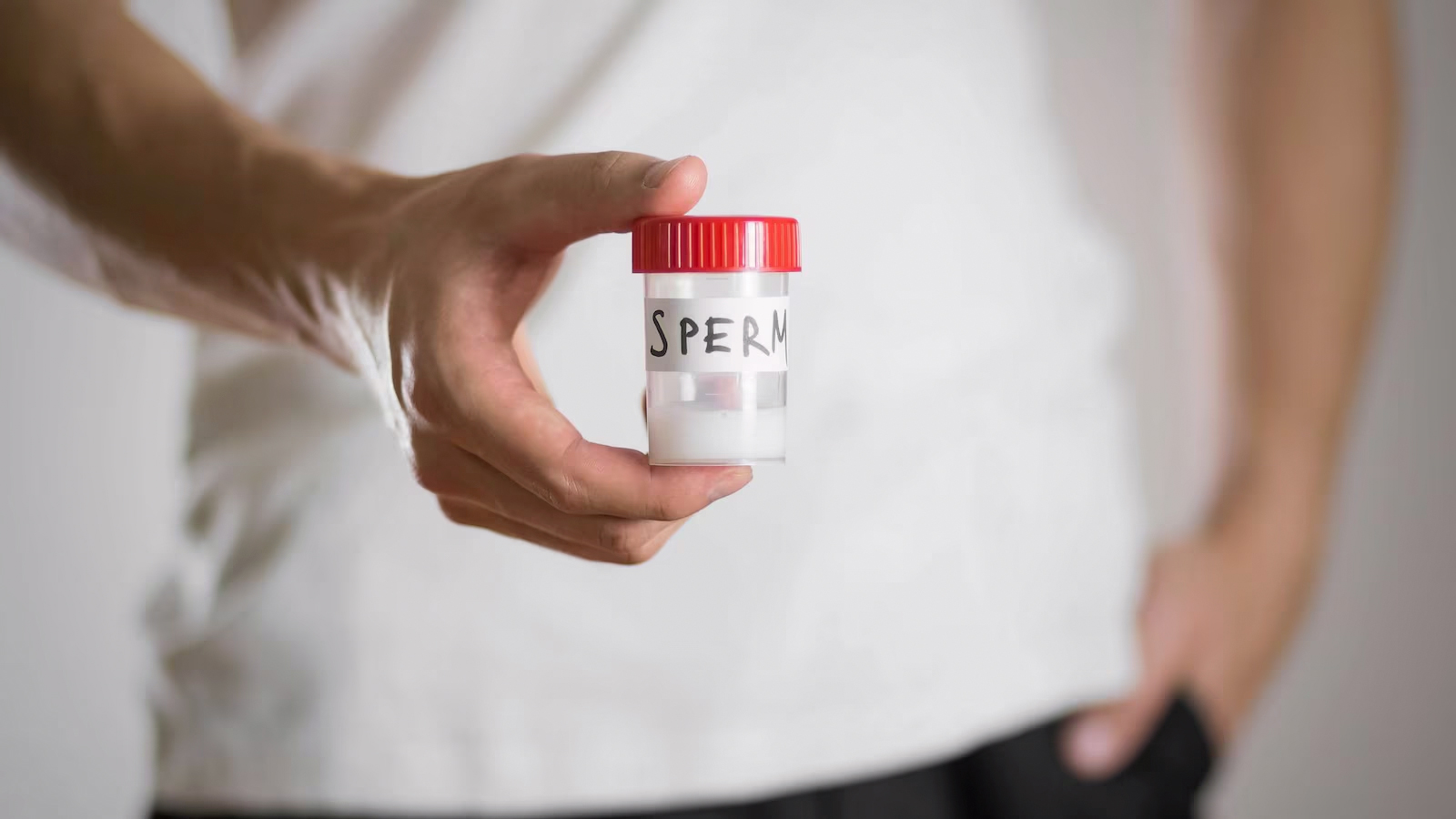

Did you know that sperm donation can help couples struggling with infertility? This guide covers the entire process, from becoming a donor to understanding the emotional implications of your choice.

The Sperm Donation Process
Becoming a sperm donor involves a structured screening process. Candidates typically need to meet health and age requirements, usually between 18 and 39 years old. Initial steps include a medical history review and tests for genetic conditions and infections. Approved donors provide samples, which are analyzed, frozen, and stored for future use. The entire process prioritizes safety and quality to support successful outcomes for recipients.
Benefits for Donors and Recipients
For recipients, donor sperm can be a lifeline—enabling single parents, same-sex couples, and those with infertility to build families. Donors often find the experience meaningful, knowing they’ve helped others achieve parenthood. Some programs offer compensation, but motivations vary, and emotional factors should be carefully weighed.
Legal and Ethical Aspects
Donors typically waive parental rights, ensuring no legal ties to resulting children. Recipients should review policies on donor anonymity, as some banks allow identity-release options. Laws vary, so clarifying rights and expectations early is essential. Ethical discussions often focus on transparency, particularly regarding a child’s genetic origins and future connections.
Emotional Considerations
Both donors and recipients may face complex feelings. Donors might reflect on their genetic legacy, while recipients could navigate societal perceptions or family dynamics. Open communication—whether with partners, counselors, or donor-conceived children—helps foster understanding and confidence in the decision.
Is Sperm Donation Right for You?
Prospective donors should assess their comfort with the process, including long-term implications. Recipients may prioritize traits like health history or personal values when selecting a donor. Thorough research and professional guidance ensure informed choices for all involved.
Final Thoughts
Sperm donation is a powerful tool in modern family-building, offering opportunities and challenges alike. By understanding the medical, legal, and emotional dimensions, donors and recipients can approach the journey with clarity and confidence. Support networks and expert advice remain invaluable throughout the process.
